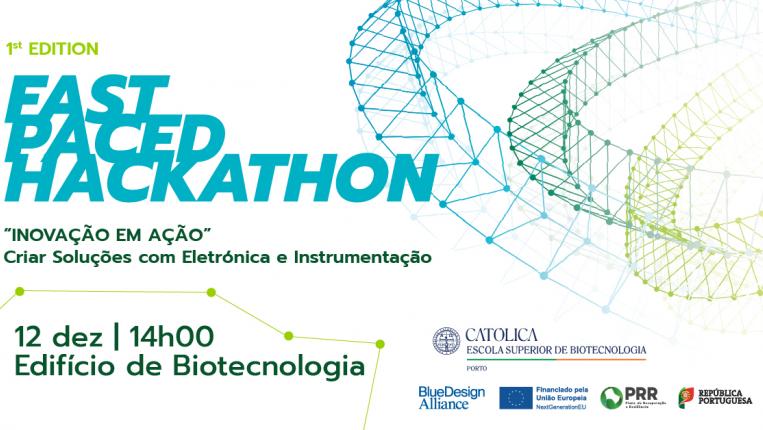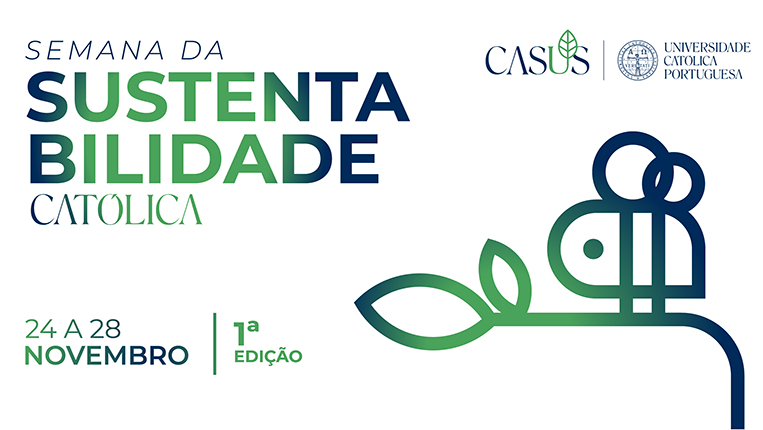Objectives and competences
The fundamental objectives are:
- Know the principles and methods of sensory evaluation and consumer science and their application to quality control and assurance and development of food products;
- Understand consumer behavior, providing the basis for understanding food choice, drivers and barriers to adoption of new food products;
- Develop effective professional strategies using Emotional Intelligence applied to leadership, teamwork, problem solving and conflict management;
- Understand the nutritional aspects of the relationship between diet and health
Upon completion of the course, students are expected to be able to formulate sensory tests objectives, to compare, select and use appropriately the different methods of sensory evaluation, to analyze test results and draw conclusions, to use emotional intelligence to create motivating environments for product development and understand nutritional recommendations and factors that may hamper food quality.
Teaching Methodologies
The course is structured in lectures, practical classes and workshops. Theoretical classes will be used to explain and discuss the main concepts and fundamentals for a general understanding of the selection, performance and interpretation of sensory tests, emotional intelligence and diet-health relationship following the defined program and according to the objectives of the UC. These concepts will be applied in practical classes and in the development of successive mini-projects:
- Practical and laboratory exercises
- Case studies designed to explore consumer attitudes and behaviors
- Project: product selection, promotion of its improvement and application of sensory analysis.
Lab exercises, including project assignment, are mandatory.
Syllabus
Introduction. Senses and sensory perception. Physiological and psychological factors that affect sensory perception. Preparation and conduction of sensory tests. Sensory panels, panelists selection and training. Qualitative techniques. Discrimination testing Descriptive analysis – classical and new methodologies (CATA, NAPPIN, FLASH PROFILE). Application of sensory evaluation in quality control and product development. Affective methods in consumer testing. Consumer perception and behavior, choice of food products, drivers and barriers to the adoption of new food products. New developments in sensory evaluation and consumer science.
Multiple intelligences and brain multipolarity. Emotional intelligence in teamwork and emotions management Nutritional aspects of the relationship between diet and health. Influence of diet on the onset of non-communicable chronic diseases, dietary toxicology. Food Development/ Improvement in Response to specific nutritional challenges. Epidemiology concepts.




